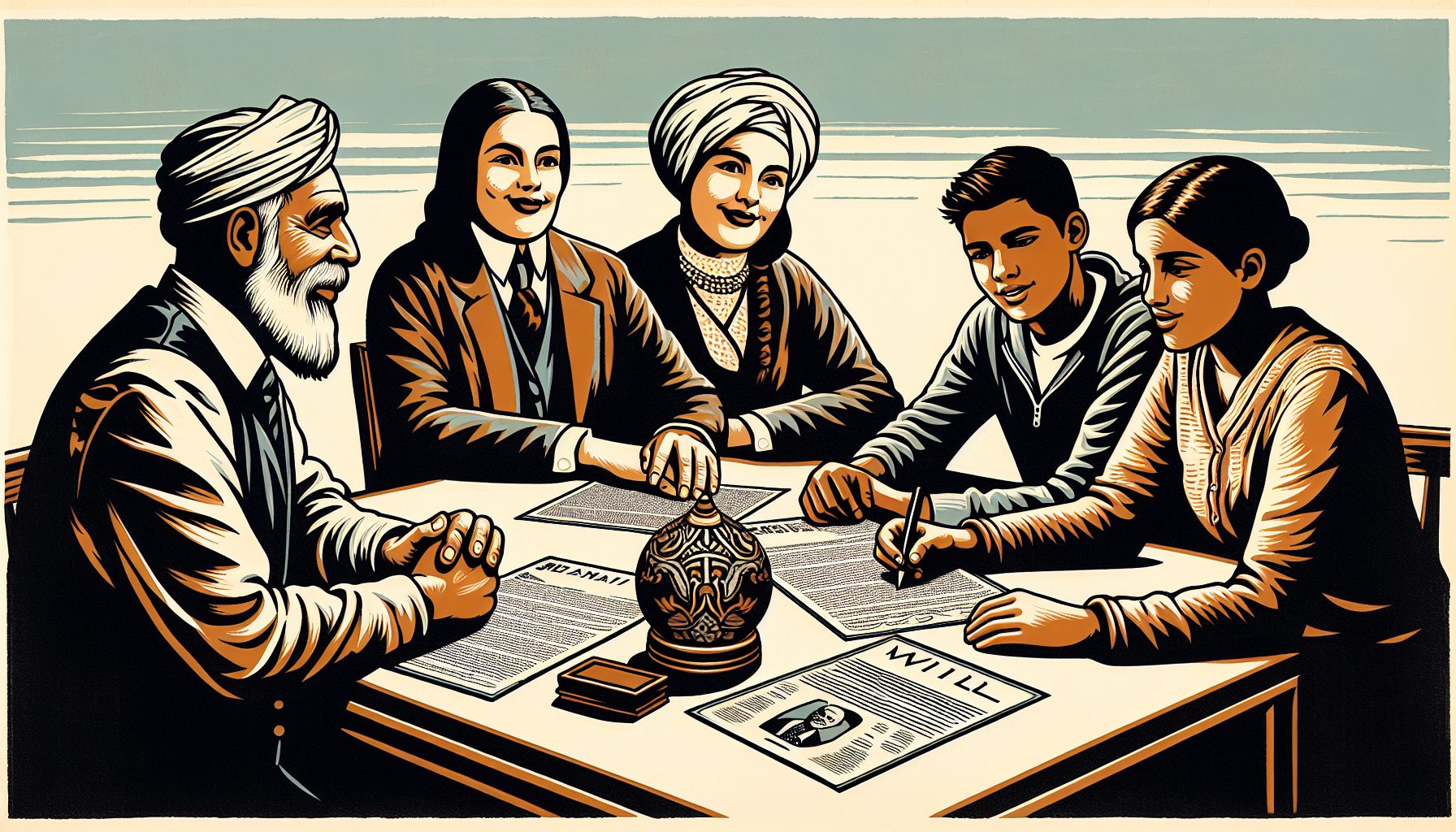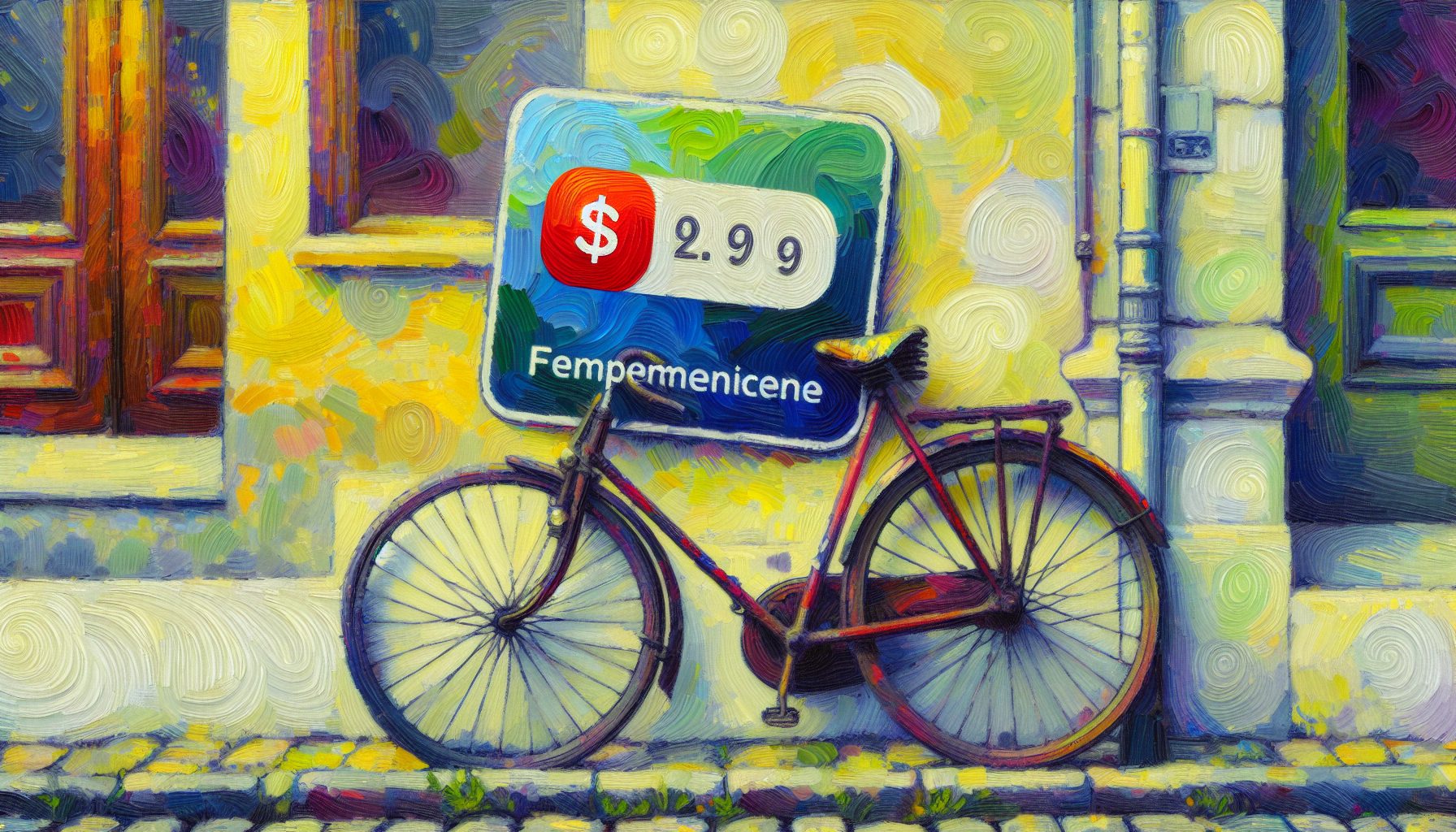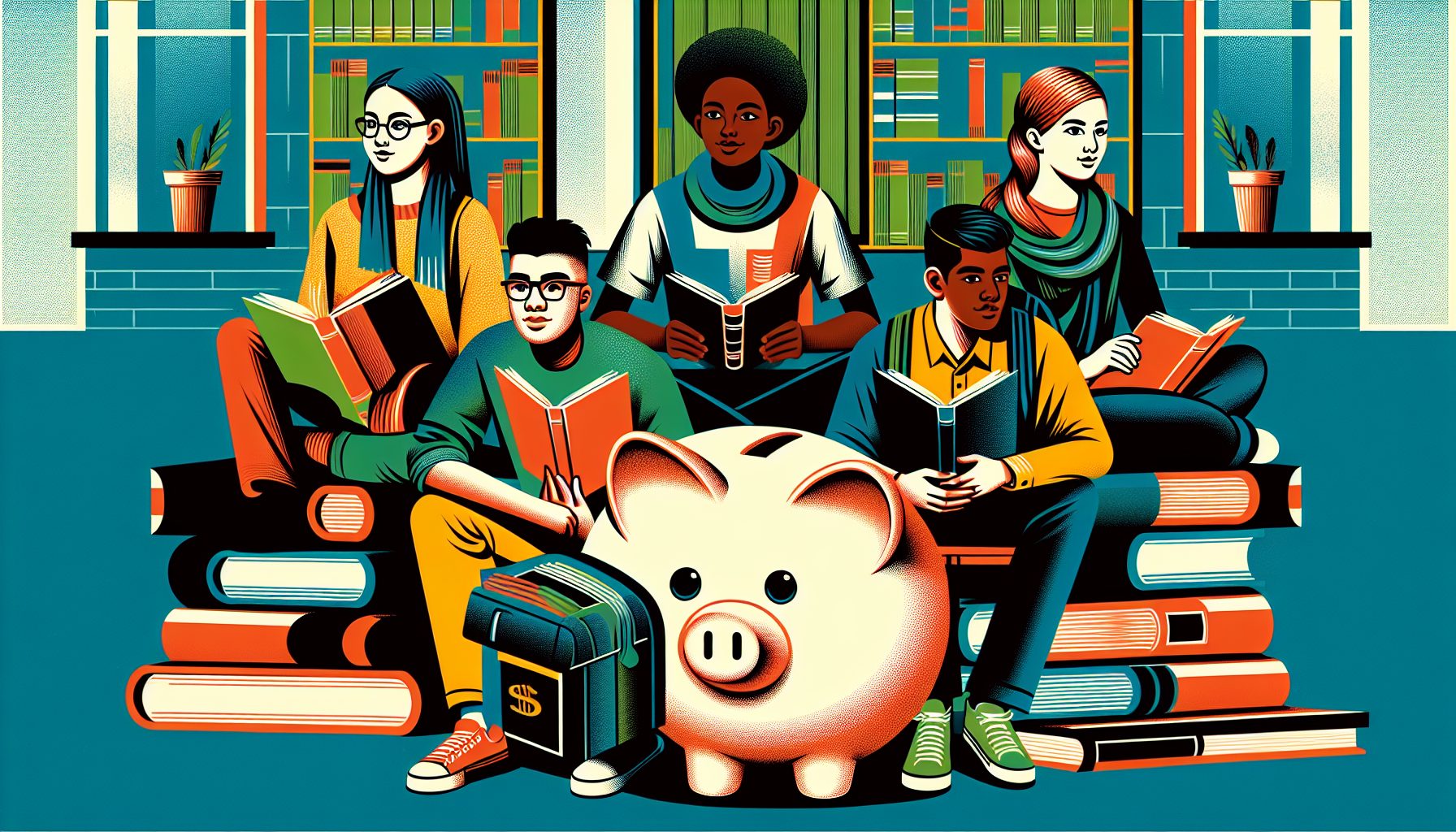NEW YORK (Reuters)- T-Mobile has rolled out Google‘s answer to the iPhone as the Websearch giant makes its biggest stab yet at leaping from consumers’computers into their pockets with a device cheaper than rival Appleoffers.
The widely-anticipated G1 phone, introduced on Tuesday made by HTC Corp (2498.TW: Quote, Profile, Research, Stock Buzz), has a touch-sensitive screen, a computer-like keyboard, Wi-Fi connections and uses Google’s new Android operating system.
Available in three colors — black, white and brown — it includesfamiliar Google services, such as Google Maps, Gmail and YouTube. Likethe iPhone and other "smartphones" the device is meant to broaden theappeal of Web surfing on the go.
"If we see more mobile Web usage we’ll be happy," Google co-founderSergey Brin told Reuters after arriving at the launch on roller-blades.
His company, a powerhouse in Web advertising, would benefit ifAndroid led more cell users to spend time on the Web, no matter whichphone they are using.
Google is well ahead of rivals Yahoo Inc (YHOO.O: Quote, Profile, Research, Stock Buzz) and Microsoft Corp (MSFT.O: Quote, Profile, Research, Stock Buzz)in Web search on computers, but it wants to use Android to ensure thisdominance carries over to the phone when mobile Web surfing becomesmore popular.
But while no clear mobile Web winner has emerged so far, Googlefaces stiff competition from longer established phone players such asNokia (NOK1V.HE: Quote, Profile, Research, Stock Buzz), Research In Motion Ltd’s (RIM.TO: Quote, Profile, Research, Stock Buzz) BlackBerry and Microsoft, as well as Apple.
Analysts saw the device as a "good first step" rather than an iPhonekiller, but some expect as many as 400,000 to be sold in the UnitedStates by year-end. A T-Mobile executive said the estimate was "notincredible."
When it becomes available to U.S. consumers on October 22, the G1will sell for about $179 — slightly cheaper than the entry-level priceof $199 for Apple Inc’s (AAPL.O: Quote, Profile, Research, Stock Buzz) iPhone — with a two-year contract.
The G1 will be launched by T-Mobile’s UK unit in November and otherEuropean countries such as Germany, Netherlands and the Czech Republicin the first quarter of 2009.
"The G1 doesn’t threaten Apple now, but Android has raised the barfor competing mobile platforms. The bigger concern here is forMicrosoft and Nokia if Google can win over the hearts and minds ofoperators and developers," said Geoff Blaber, an analyst with Britishfirm CCS Insight.
NEXT GOOGLE PHONE MAY CHANGE
Both Google and Apple are wooing developers to create applicationsfor their devices, but unlike Apple, which keeps a tight grip on theiPhone’s hardware and operating software, Google’s Android is open tobe changed by outside developers.
Asked if the user interface of future Google phones would lookanything like the first one, Andy Rubin, who developed Android forGoogle, said: "Its completely replaceable."
For example, Leslie Grandy, T-Mobile USA’s product development vicepresident sees the carrier selling a range of Google-powered phones infuture, including more basic ones without a touch-screen or fullkeyboards.
The new phone features Android Market, where customers can find anddownload free applications to expand and personalize their phones.T-Mobile’s Grandy said the marketplace would eventually includeapplications that are sold for a fee.
"Because the platform is open, we think Android is somewhat futureproof," Rubin, Google director of mobile platforms, told the audienceat the launch.
A similar strategy helped increase the buzz around Apple’ssecond-generation iPhone, which can support more than 3,000applications available online.
Amazon.com’s digital music store will be loaded on the G1, allowingusers to search, download, buy and play more than six million songs,pitting it against iPhone’s music player.
Android also competes with Microsoft’s Windows Mobile operatingsystem, which has been solidly gaining ground. HTC Chief ExecutivePeter Chou told Reuters his company, which has concentrated on Windowsphones so far, is already planning more Android and Windows devices.
Between the United States and the United Kingdom, Chou said he expects to have sold more than 400,000 G1 by the year end.
Android’s biggest competitor is Symbian software, which represents60 percent of the smartphone market and which Nokia (NOK1V.HE: Quote, Profile, Research, Stock Buzz) plans to buy out and open to other developers.
Nokia, which has about 40 percent of the mobile phone market, hasalso branched into mobile Web services such as mapping that competedirectly with Google. Speaking at a conference in Chicago on Tuesday,Nokia CEO Olli-Pekka Kallasvuo said he was not worried by newcompetition.
"The entry of Apple and Google — in fact today in a very concreteway — in mobile communications is the best possible illustration ofthe fact that there’s a lot of possibility here," he said.
(Additional reporting by Tarmo Virki in Helsinki and Benjamin
Klayman in Chicago; Editing by Derek Caney and Andre Grenon)
? Thomson Reuters 2008 All rights reserved








